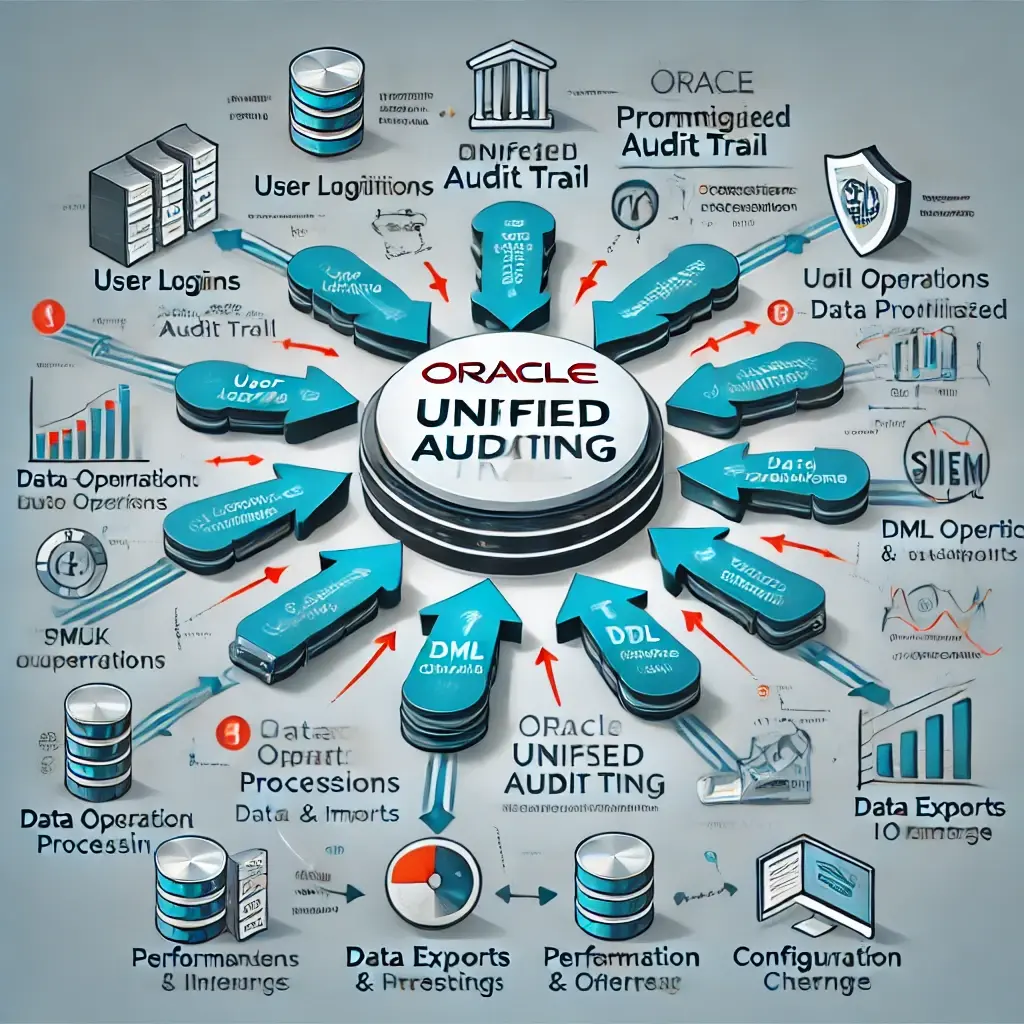This year marks the 50th anniversary of SQL (Structured Query Language), a testament to its resilience and adaptability in the ever-changing world of technology. Developed in the 1970s, SQL has grown from a simple query tool to the backbone of modern database management, proving its indispensability in various sectors reliant on data.
Standardization and Flexibility:
One of SQL’s enduring strengths is its standardized framework, which ensures compatibility across numerous database systems. This universality has not only fostered widespread adoption but also allowed businesses leveraging multiple databases to integrate and operate seamlessly, avoiding the pitfalls of vendor lock-in.
Ease of Use:
SQL distinguishes itself with its declarative nature, focusing on the ‘what’ rather than the ‘how’ of data retrieval. This approach lowers the barrier to entry, making SQL an accessible tool for analysts, business professionals, and non-programmers alike, all of whom can harness its power to drive data-driven decision-making.
Adaptive Evolution:
Through the decades, SQL has embraced enhancements that include support for distributed databases, integration with cloud computing, and functionalities extending to handle semi-structured data such as JSON and XML. These advancements ensure that SQL remains relevant, even as new data management technologies emerge.
Vital for Business Intelligence:
In today’s big data age, SQL’s ability to efficiently process and analyze vast datasets is invaluable. It continues to be a cornerstone for business intelligence, enabling organizations to extract actionable insights and make informed decisions quickly and accurately.
Rich Ecosystem:
SQL’s longevity is supported by a robust ecosystem that includes a global community of developers, continuous updates, and extensive learning resources. This ecosystem not only helps newcomers to quickly get up to speed but also enables seasoned professionals to continually enhance their skills.
The Future of SQL:
Looking ahead, the trajectory for SQL includes greater integration with artificial intelligence and machine learning algorithms. As businesses increasingly rely on automated processes and predictive analytics, SQL is set to become even more integral by providing the data infrastructure necessary for these advanced technologies. Furthermore, with the rise of IoT (Internet of Things), SQL’s role is expanding to manage and query real-time data streams, thus opening new avenues for growth and innovation.
Conclusion:
As we celebrate this milestone, SQL stands not only as a historical pillar in data management but also as a beacon for future developments. Its proven adaptability and ongoing evolution suggest that SQL will continue to be a critical tool in our data-driven world for years to come. Here’s to another 50 years of SQL, the language that continues to make data speak volumes across industries.



